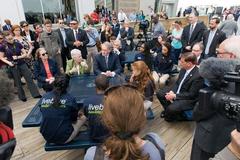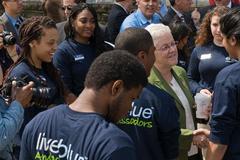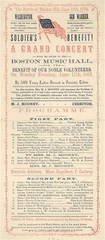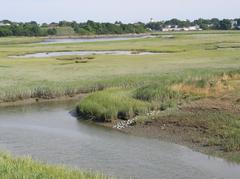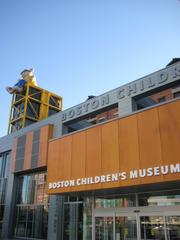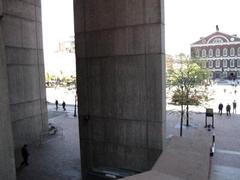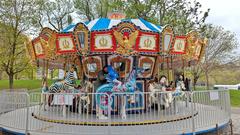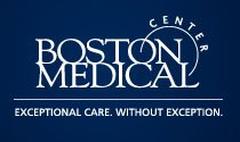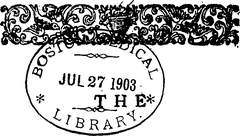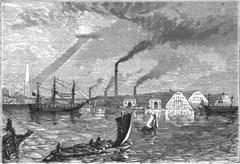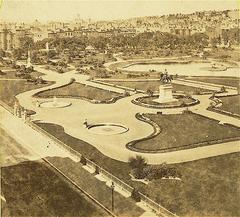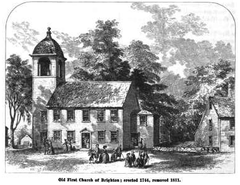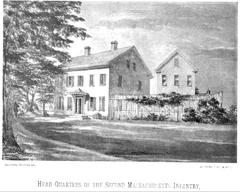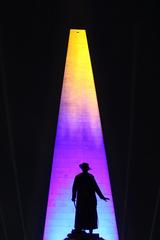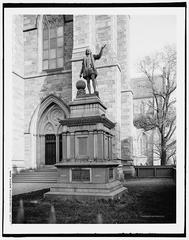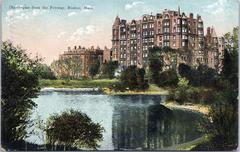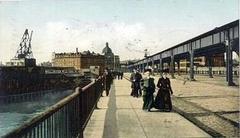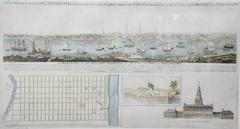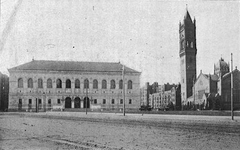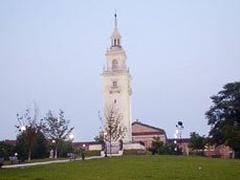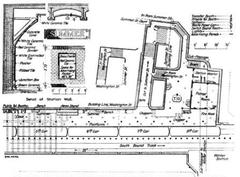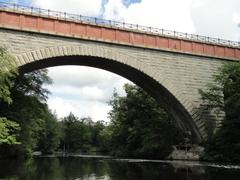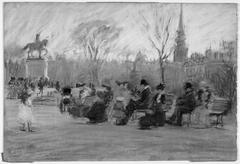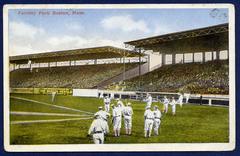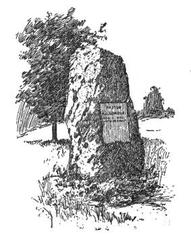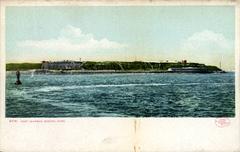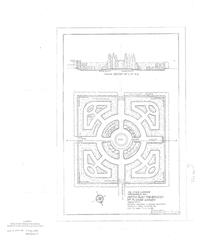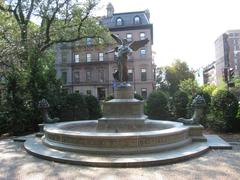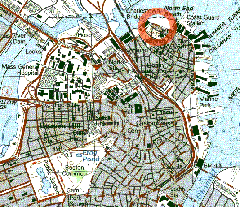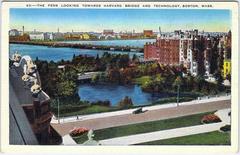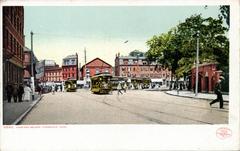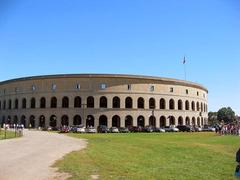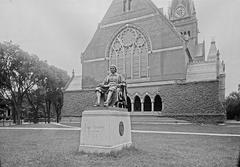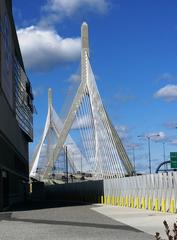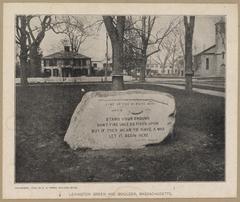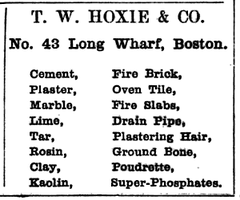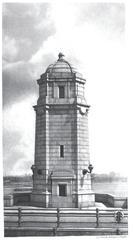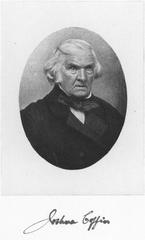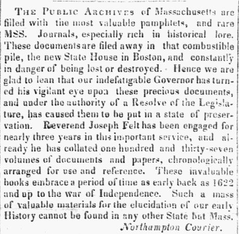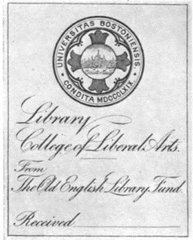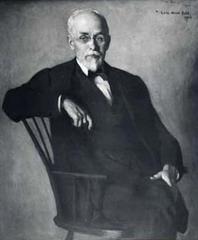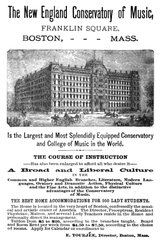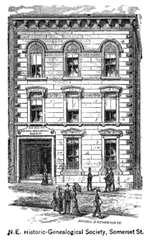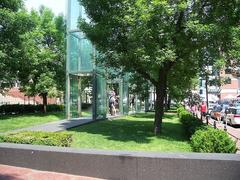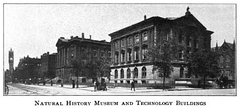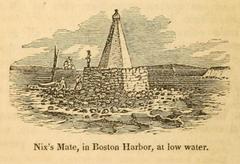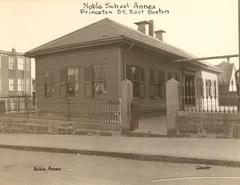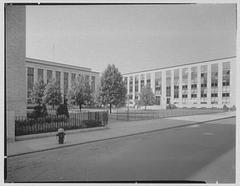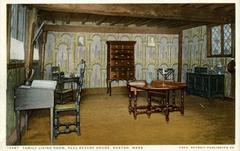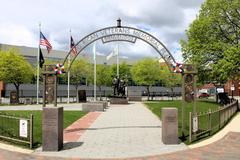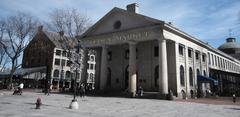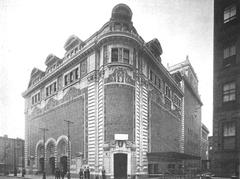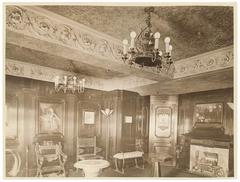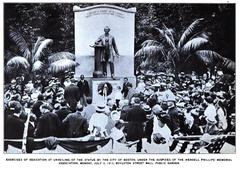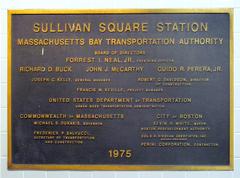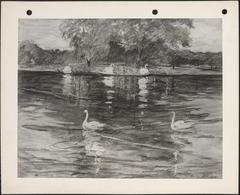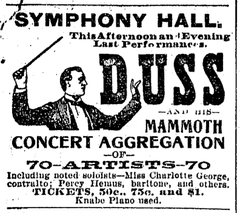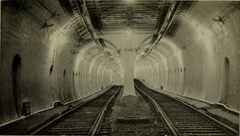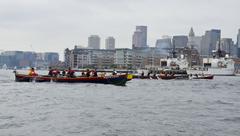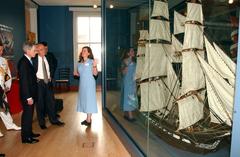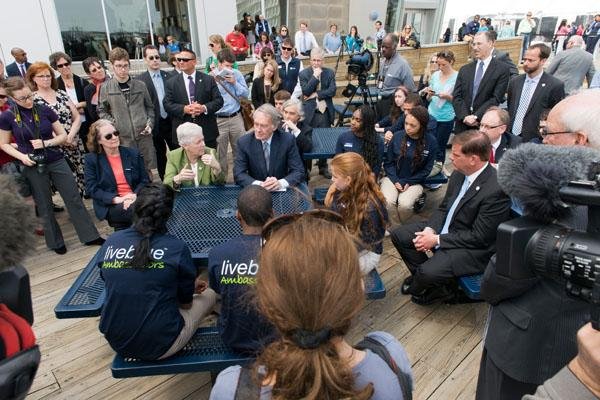
New England Aquarium Visiting Hours, Tickets, and Boston Historical Sites Guide
Date: 14/06/2025
Introduction
The New England Aquarium, situated at 1 Central Wharf on Boston’s historic waterfront, is a world-renowned center for marine education, conservation, and immersive visitor experiences. Since its opening in 1969, the Aquarium has combined innovative exhibits, architectural distinction, and a robust commitment to marine research and environmental stewardship. Its mission to “protect the blue planet” is realized through diverse living collections, interactive programs, critical conservation initiatives, and accessible amenities for all visitors.
Located near prominent Boston historical sites—including Faneuil Hall and the Boston Tea Party Ships & Museum—the Aquarium offers both a cultural and educational highlight for locals and tourists. This guide details visiting hours, ticket options, accessibility, travel tips, and the Aquarium’s ongoing impact on marine conservation and community engagement. For the latest updates, always consult the official New England Aquarium website and other trusted resources (New England Aquarium History, Boston Sightseeing, TripSavvy).
Table of Contents
- Introduction
- Founding Vision and Historical Context
- Expansion and Key Exhibits
- Conservation Leadership and Research
- Animal Care and Rehabilitation
- Architectural Highlights
- Visitor Information: Hours, Tickets, Accessibility, and Travel Tips
- Nearby Boston Attractions
- Community Engagement and Educational Programs
- Frequently Asked Questions (FAQ)
- Conclusion
- References
Founding Vision and Historical Context
The New England Aquarium opened on June 20, 1969, drawing over 12,000 visitors its first day—a clear indication of the public’s enthusiasm for marine science and education (Cambridge Seven Associates). Designed by Cambridge Seven Associates, the Aquarium pioneered a blend of education and entertainment, setting new standards for public aquariums worldwide.
From its earliest days, the Aquarium aimed to foster environmental stewardship and deepen understanding of ocean ecosystems. Early innovations included a living coral reef exhibit, a rarity at the time, and a focus on interactive, hands-on learning (Boston Sightseeing).
Expansion and Key Exhibits
Over the decades, the Aquarium has expanded both its collections and its educational initiatives. Notable features include:
- Giant Ocean Tank: A four-story, 200,000-gallon cylindrical exhibit with a thriving Caribbean coral reef ecosystem and more than 1,000 sea creatures. Myrtle the green sea turtle is a visitor favorite (TripSavvy).
- Penguin Colony: Home to African and rockhopper penguins, this exhibit offers engaging views of feeding and animal care.
- Shark and Ray Touch Tank: The largest on the East Coast, providing opportunities to interact with rays and small sharks.
- Northern Fur Seal and Harbor Seal Exhibits: Outdoor spaces where guests can observe marine mammals in naturalistic environments.
- Science of Sharks and Edge of the Sea Touch Tanks: Interactive displays and tide pool experiences emphasizing marine biodiversity.
- Blue Planet Action Center: Showcasing the Aquarium’s global conservation initiatives and sustainable seafood programs.
- Simons Theatre: Featuring large-format 3D nature films that immerse audiences in marine environments.
Conservation Leadership and Research
The New England Aquarium is at the forefront of marine conservation and research. Its Anderson Cabot Center for Ocean Life conducts studies on endangered species, marine ecosystems, and the impacts of climate change (Conservation & Research). Notable achievements include:
- Discovery and documentation of North Atlantic right whales, contributing to vital protection efforts.
- Research on bycatch reduction that has influenced fisheries management and marine policy.
- Establishment and support of protected marine areas such as the Phoenix Islands Protected Area.
The Aquarium also leads public climate change education, highlighted by the Blue Planet Action Center and a major National Science Foundation grant to expand climate science outreach (NEAQ Official Site).
Animal Care and Rehabilitation
A leader in wildlife rescue, the Aquarium’s Sea Turtle Hospital rehabilitates and releases hundreds of endangered turtles annually. The Quincy Animal Care Center has set records for turtle rescues and is recognized for its expertise in marine animal rehabilitation (Annual Reports).
The Aquarium also houses charismatic marine mammals, including northern fur seals and harbor seals. The legacy of Hoover, the “talking” harbor seal, continues through his descendants.
Architectural Highlights
The Aquarium’s architectural design by Cambridge Seven Associates integrates visitor movement with immersive exhibits, most notably through the Giant Ocean Tank’s spiral ramp (Cambridge Seven Associates). Recent expansions include the Indo-Pacific Coral Reef and the Trust Family Foundation Shark and Ray Touch Tank, further enhancing the experiential quality of the visit.
Visitor Information: Hours, Tickets, Accessibility, and Travel Tips
Hours and Best Times to Visit
- General Hours: Open daily, 9:00 AM to 6:00 PM (last admission at 5:00 PM). Check the official site for holiday or special event hours.
- Best Times: Weekday mornings and winter months offer a less crowded experience.
Ticket Prices (2025)
- Adults: $44
- Children (3–11): $35
- Children under 2: Free
- Seniors and local discounts available. Purchase tickets online to ensure entry and skip lines, especially during peak periods (TripSavvy).
Directions and Parking
- Public Transit: MBTA Blue Line (Aquarium Station) is steps away; other subway and bus lines are within walking distance.
- Parking: Limited at nearby garages (Boston Harbor Garage, Central Parking Garage). Public transit is recommended.
Accessibility
- Fully wheelchair accessible with elevators, ramps, and accessible restrooms.
- Sensory kits and staff trained in assisting with mobility, hearing, and visual challenges.
- Service animals are welcome (NEAQ Official Site).
Amenities
- Dining: Harbor View Café (indoor) and Plaza Café (outdoor) offer food and refreshments.
- Gift Shop: Marine-themed souvenirs and educational toys.
- Strollers: Permitted, though space can be limited during peak times.
Special Programs
- Behind-the-scenes tours, animal encounters, and sleepover experiences.
- Seasonal whale watch cruises (April–November) to Stellwagen Bank National Marine Sanctuary.
Nearby Boston Attractions
The Aquarium’s location on Central Wharf places visitors near top Boston sites, including:
- Faneuil Hall Marketplace
- Quincy Market
- Boston Tea Party Ships & Museum
- Paul Revere House
- Boston Harborwalk
- Christopher Columbus Park
These landmarks offer a well-rounded Boston experience alongside your Aquarium visit.
Community Engagement and Educational Programs
Accessibility and Inclusion
The Aquarium is strongly committed to diversity, equity, and inclusion. Initiatives include discounted or free admission for eligible groups, sensory-friendly programs, and ongoing staff training (About Us).
Community and Educational Programs
- Lowell Lecture Series: Free talks by leading scientists and conservationists.
- Community Events: Hands-on activities and celebrations on Central Wharf.
- Volunteer and Internship Opportunities: Positions in animal care, education, research, and conservation (Volunteer, Internship).
- School and Family Programs: Field trips, workshops, and ongoing learning for all ages.
Global Impact
Through the Marine Conservation Action Fund, NEAQ supports conservation projects around the world, advancing ocean health and environmental justice.
Frequently Asked Questions (FAQ)
Q: What are the New England Aquarium’s visiting hours?
A: Typically 9:00 AM to 6:00 PM daily; last admission at 5:00 PM. Confirm on the official website before visiting.
Q: How much do tickets cost?
A: Adult tickets are $44; children (3–11) $35; under 2 free. Discounts for seniors, residents, and eligible groups.
Q: Is the Aquarium wheelchair accessible?
A: Yes, with comprehensive accessibility measures throughout.
Q: Are there guided tours or special programs?
A: Yes, including behind-the-scenes tours, animal encounters, and seasonal whale watch excursions.
Q: Can I volunteer or intern at the Aquarium?
A: Yes, visit the volunteer and internship pages for details.
Conclusion
The New England Aquarium is a vibrant hub of education, conservation, and community that enriches Boston’s cultural landscape. From pioneering exhibits and impactful research to accessible programs and partnerships, the Aquarium welcomes all visitors to discover the wonders of marine life and join efforts to protect our oceans.
Plan your visit by purchasing tickets online, exploring special programs, and utilizing digital resources like live webcams and virtual tours. Stay updated by following the Aquarium on social media and downloading the Audiala app for interactive guides and exclusive content. Make your next trip to Boston memorable with a visit to the New England Aquarium—where learning and adventure meet for the whole family.
References
- This is a sample text. (New England Aquarium History)
- This is a sample text. (Boston Sightseeing)
- This is a sample text. (TripSavvy)
- This is a sample text. (NEAQ Official Site)
- This is a sample text. (Conservation & Research)
- This is a sample text. (Annual Reports)
- This is a sample text. (About Us)
- This is a sample text. (Volunteer)
- This is a sample text. (Internship)
